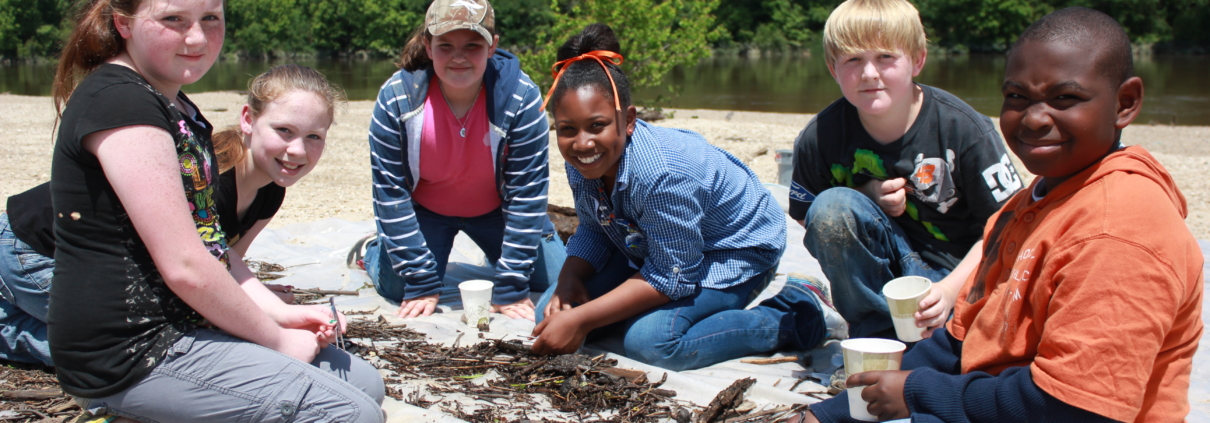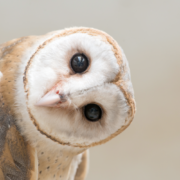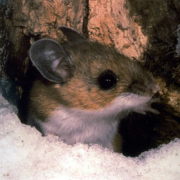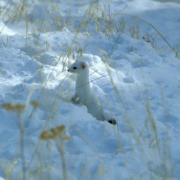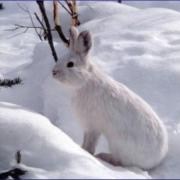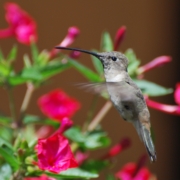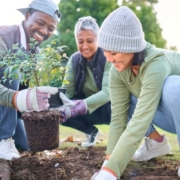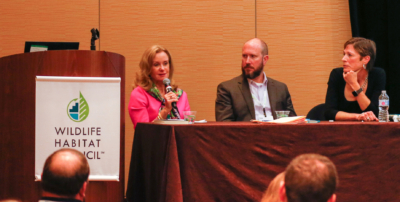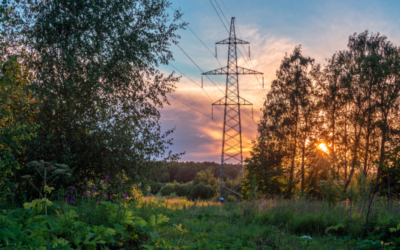Let’s Go Outside! The Benefits of Learning in the Outdoors
Like most kids, I loved to play outside when I was young. The great outdoors seemed to be filled with limitless potential for exploration and fun, and its ever-changing nature with the weather and turning of the seasons only seemed to expand the possibilities. I could find an adventure or feed my curiosity anywhere from the creek that ran through our neighborhood park to the underside of the yew hedge in my own front yard.
As educators, we can harness kids’ natural enthusiasm for being outdoors with engaging, hands-on lessons based in our local habitat. Being outdoors with plenty of room to explore and play provides kids with an outlet for their energy that indoor classroom settings just do not allow. There are many educational games that are designed to be physically active, like Project WILD’s Oh Deer! This activity offers kids (and willing adults, too) with an opportunity to run around and play while simultaneously learning about the relationships between deer, plants and predators.
The seemingly endless potential of the outdoor environment also naturally lends itself to inquisitiveness, inspiring kids to ask questions and seek answers about what they see, hear, smell, and touch.
Exposure to nature from a young age, particularly repeated exposure, instills kids with an appreciation of nature and a desire to protect it, turning young children into natural conservationists as they grow up. Providing them with opportunities to participate in conservation activities, from planting trees to helping with wildlife monitoring, further instills a conservation ethic in kids by allowing them to see conservation “in action.” Is it any wonder, then, that after years of exploring the natural world as a kid, I grew up to work in conservation, as did so many of my peers?
If you would like to learn more about using the outdoors as a space for conservation education at your facility, check out our webinars on conservation education such as Incorporating Project Learning Tree into Your Educational Projects and Measuring the Success of Your Conservation Education Projects, or email our Strategy and Planning team.
